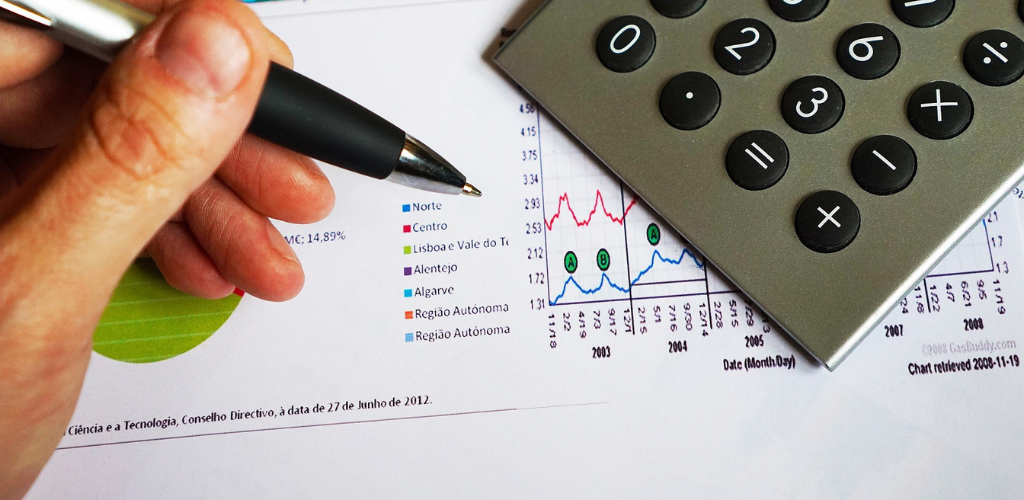
22 Jan What do people prefer: Freedom or a “Fair Boss”?
Years ago, I had a conversation with a friend about one of our favorite topics—economics, particularly the concept of freedom, which we both hold in high regard. As the discussion came to a close, my friend made a striking statement (not his own, but no less impactful):
“Mauri, you think people want freedom, but in reality, what people truly want is a fair boss.”
This thought stuck with me, and today, I want to explore its implications—specifically from an economic perspective.
Freedom: A Complex Yet Essential Concept
Freedom is a broad and multifaceted idea, but for simplicity, let’s focus on economic freedom. This can be defined, in part, as the ability of individuals to work in their chosen fields and enjoy the fruits of their labor. While some economist friends may raise their eyebrows at such a reductionist view, let’s frame freedom as the ability to decide what to study, where to work, and what to consume.
In today’s world, this idea of freedom is often embodied by entrepreneurial and resilient individuals—those who carve their own paths, take risks, and strive to innovate in their pursuits.
The “Fair Boss”: A Guiding Hand
On the other side of the spectrum, what do we mean by a “fair boss”? In economic terms, this could be likened to a benevolent authority figure—perhaps like a parent in a family—who redistributes resources to maintain harmony. A “fair boss” seeks to ensure peace and equity, often by taking from some to give to others.
In a broader societal context, this “fair boss” might represent a government that plays a significant role in regulating and redistributing resources to create a sense of fairness.
Economic Implications: Freedom vs. a Fair Boss
This dichotomy sheds light on several economic issues:
Taxes:
If you support a system with high taxes and generous welfare programs, you likely favor the “fair boss” approach. Here, the government acts as the redistributor, ensuring social harmony through public officials. Conversely, if you advocate for low taxes and fewer social benefits, you probably value individual freedom and entrepreneurship more. After all, high taxes can stifle young entrepreneurs who thrive in freer economic systems.
Private vs. Public Initiative:
Those who believe in using taxes to support private enterprise often oppose the “fair boss” model, as they see private investment, rather than public institutions, as the engine of economic growth. On the other hand, proponents of state-owned enterprises and public-sector employment tend to align with the “fair boss,” trusting the government to allocate resources effectively.
A Simplified Debate
Admittedly, this is an oversimplification. Economics as a discipline has long studied—and continues to study—these concepts in great depth. However, as this is an opinion column and not an academic paper, some nuances have been left aside.
The Case for a Mixed System
Some might argue for a middle ground—a “controlled boss” model, similar to what Acemoglu and Robinson describe as a “chained Leviathan.” This concept has been partially realized in systems like the social market economy. However, even mixed systems require ongoing debate:
What limits should this “boss” have?
What should its responsibilities be?
These are far from trivial questions.
Behavioral Economics and the Appeal of the Fair Boss
Interestingly, behavioral economics—quite trendy these days—suggests that humans often favor the “fair boss” model. Why? Because freedom comes with significant responsibilities and costs. As the saying goes, “With great power comes great responsibility” (yes, like in Spider-Man). In a sense, many of us may prefer to delegate some of that responsibility, making the “fair boss” an enticing option.
The Ongoing Debate
The conversation is far from over, especially regarding the “chains” we should place on this Leviathan. While an unchecked “fair boss” can lead to overreach, a completely unregulated one could result in chaos. Finding the balance remains a critical challenge for economists, policymakers, and society at large.
S. Mauricio Medinaceli M.
La Paz, January 22th, 2023



No Comments